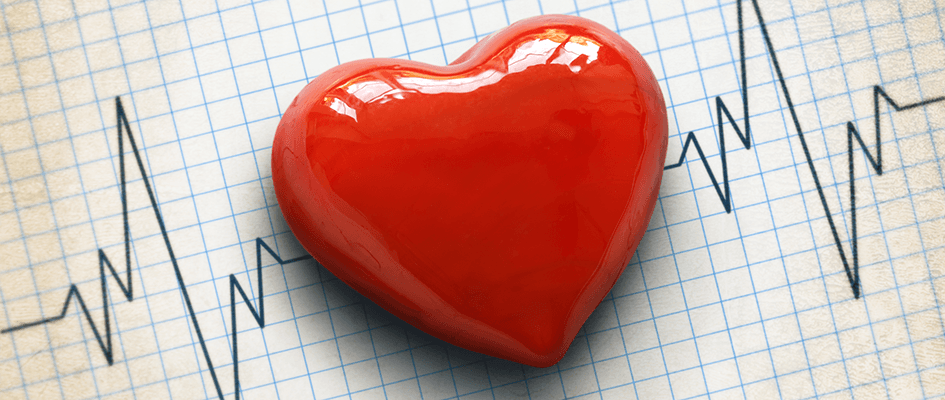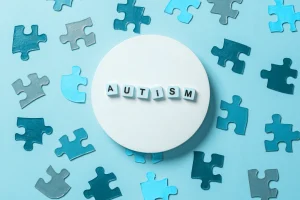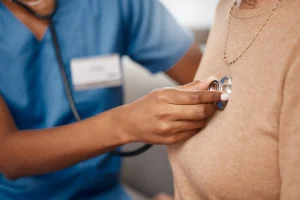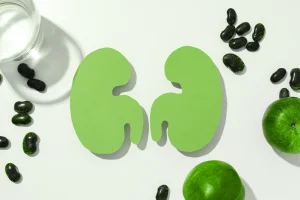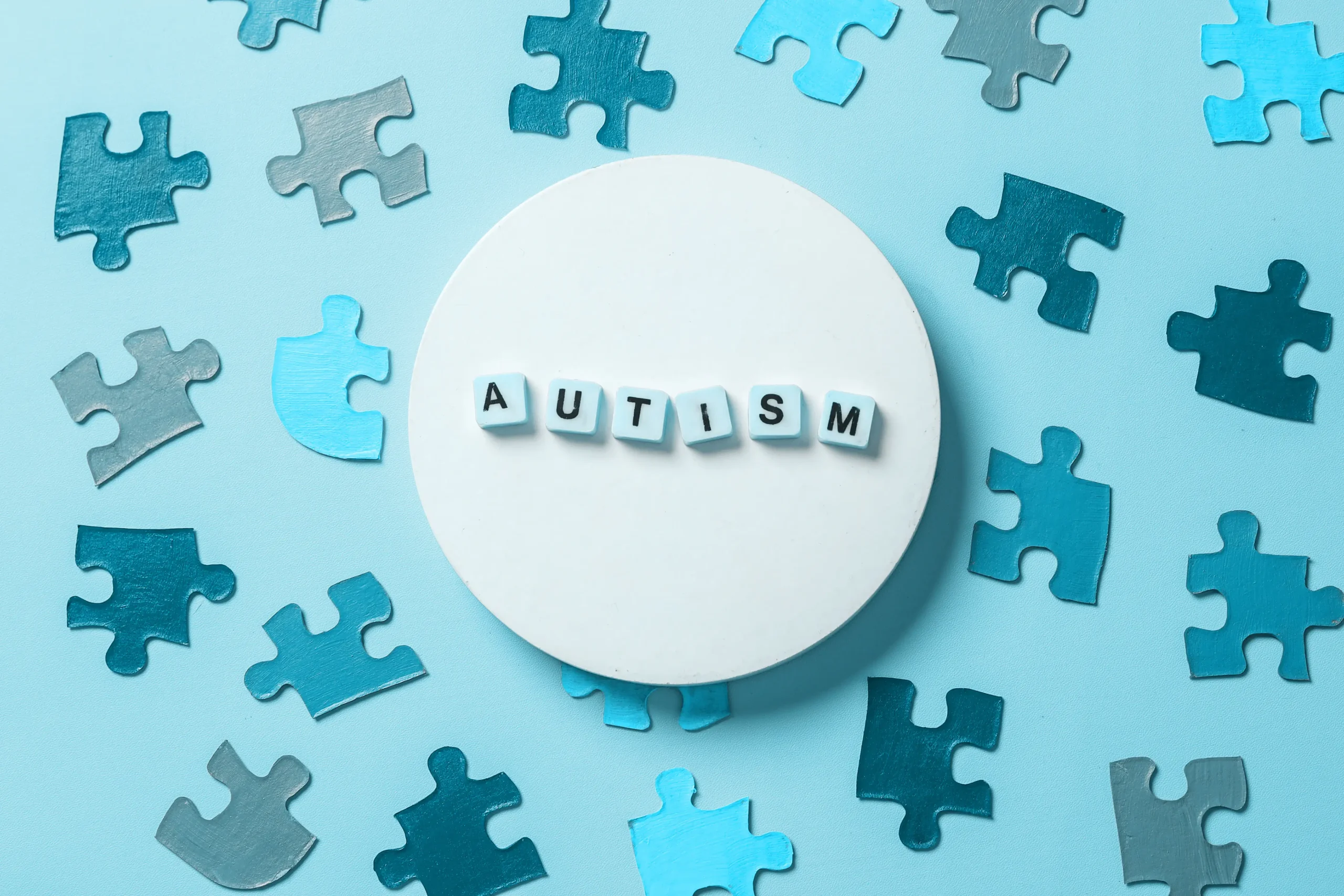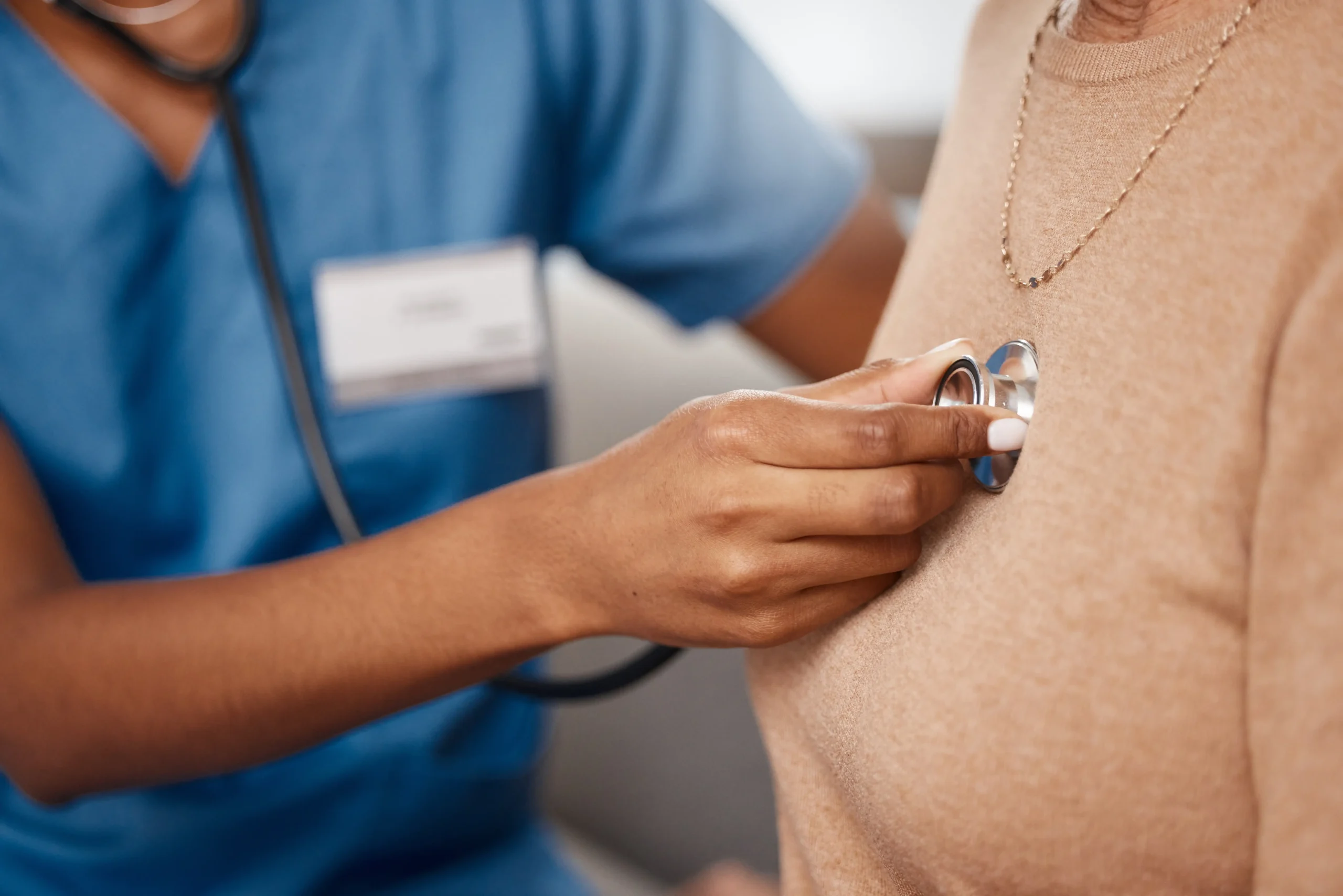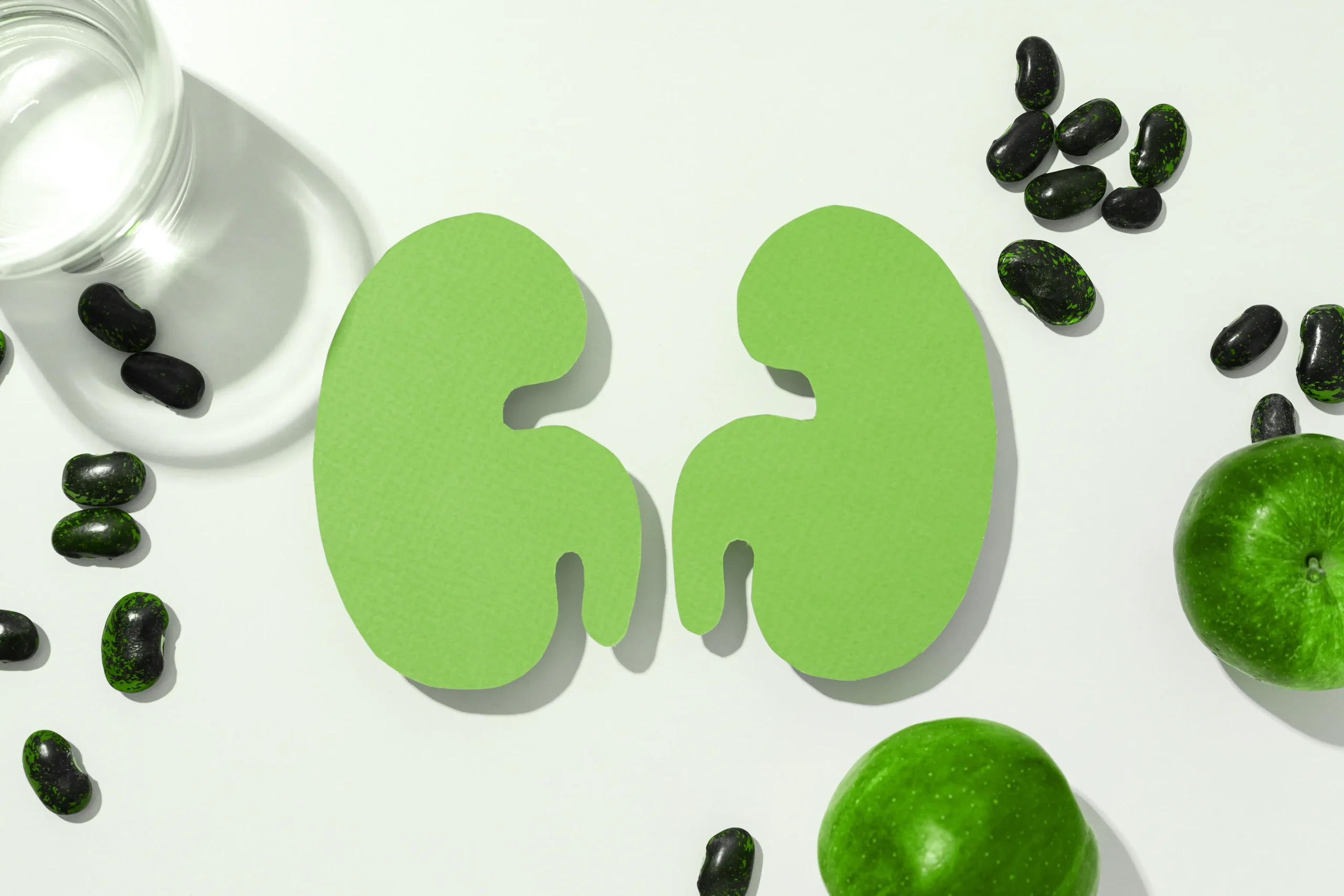How Do You Know You’re Having a Heart Attack?
The ticker. The pump. Live from your heart. Love you with all my heart.
Humans have always known how important the heart is, based on both the endearing names we give this organ, and also the way it colours how we speak. Without the heart pumping blood through our arteries, there is no life. Unfortunately, heart disease and stroke are the second-biggest killers of South Africans after HIV/AIDS, and lead to the deaths of more South Africans than all cancers combined. In the next hour, five South Africans will have a heart attack.
Globally, cardiovascular disease, which is the leading cause of heart attacks, kills over 17 million people each year – more than HIV/AIDS, TB and malaria combined.
Long life is an amazing gift, so here’s how you can identify a heart attack and what to do about it.
What exactly is a heart attack?
A heart attack, also known as a myocardial infarction, is a situation in which the blood flow to your heart is suddenly stopped or severely restricted. When this happens, the cells cannot get enough oxygen and nutrients to function properly, so the muscle of the heart is damaged, which prevents it from beating properly.
This is caused by a build-up of fatty deposits in the arteries, brought about by cholesterol and other substances, known as plaque. If a piece of this breaks off the artery wall and then blocks an artery near the heart, this could lead to a heart attack.
What are the warning signs of a heart attack?
You may experience no symptoms, or very few, in the lead-up to a heart attack. On the other hand, symptoms may occur hours, days or even weeks in advance, and may include angina, which is a feeling of tightness in the chest or pressure that is aggravated by increased activity and dissipated by rest. This is caused by a decrease of blood moving into the heart.
If you are concerned, it is best to go and see your doctor. He or she can run an ECG to check your heart activity and your heartbeat, or even run blood tests to see if you have already had a mild attack.
How do I know if I’m having one?
The attack may be sudden or it could be gradual. If you are experiencing these symptoms together, this could mean you are having a heart attack:
- You feel light-headed or dizzy
- You’re tired often
- You break out in cold sweats
- You feel nauseous or you have heartburn or indigestion, and you feel some abdominal pain
- You are short of breath
- There is a tightness, squeezing, pressure, pain or a sense of aching in your arms, chest, back, neck or even your jaw
What do I do if I’m having one?
Get help immediately. If you’re alone, call emergency services. Keep some aspirin around the house and have it nearby if you know you’re at risk for a heart attack. If you sense you’re busy having an attack, immediately put two aspirin under your tongue and let them dissolve. This may help to prevent the blood from clotting more and will allow blood to flow to your heart. Be sure to check that the aspirin does not react with other medications you may be taking.
Get to a hospital as quickly as you can, so that the damage caused to your heart is as little as possible.
How do I help someone who is having a heart attack?
Get help immediately. Call an ambulance or check if there is a doctor nearby who can help. Lie the person flat on their back on the floor and remove any restrictive clothing. Check to see if they are breathing and then perform CPR (cardio-pulmonary resuscitation). If you are not trained in this then just press down on the chest repeatedly, with one hand placed on top of the other, to aid with the flow of blood through the body. Use the very aptly-named Bee Gees song “Stayin’ Alive” as the rhythm for the number of beats you should aim for as you press down. You could save a person’s life.
If you know the person’s medical history and what medication they are on, put two aspirin under their tongue so that the tablets can dissolve and be absorbed into their body to prevent further blood clotting.
How can I help to prevent a heart attack?
There is much you can do to prevent yourself or a loved one dying prematurely (defined as younger than 60). Some 80% of deaths related to heart attacks can be prevented by simply doing 3 things:
- Healthy diet
- Regular exercise
- No smoking (either you smoke or you spend a lot of time with a smoker)
The 7 biggest contributing factors to developing cardiovascular disease, which could ultimately lead to a heart attack, are high blood pressure (especially when you are unaware of it), being overweight or obese, having high cholesterol, being diabetic, using any tobacco products (so not just smoking), not doing enough exercise, and eating unhealthily (which includes a diet with too much salt). If you have a history of heart attack in your family, you are also more at risk.
High blood pressure is responsible for 42% of the heart attacks in South Africa, as the condition hardens the arteries and also is more likely to cause plaque to break off and obstruct the blood flow. South Africa has the highest rates of high blood pressure for people over 50 in the entire world. Another big culprit is the lack of fruit and vegetables, a dependence on sugar, sugary drinks and processed carbohydrates in cakes and pastries, eating too many snacks such as crisps (which are laden with salt and preservatives), and the prevalence of fast foods.
Have a chat with your doctor about your health risks, go for regular check-ups, and monitor your blood pressure, blood sugar and cholesterol levels. Also see if your doctor can refer you to a nutritionist who can help you prepare a tasty and delicious diet that is crammed with healthy food.
The lenmed Group is a world-class chain of Private Hospitals that brings quality healthcare to communities across Southern Africa.
For more information please contact:
Dr Ndikundisani Tshiovhe, Cardiologist
BPharm (Wits), MBBCH (Wits), FCP (SA), MMED (WITS), Cert Cardiology (SA)
Ahmed Kathrada Private Hospital
Tel: +27 (0) 87 284 0970
Email: [email protected] or [email protected]
Website: www.drtshiovheheart.co.za
Disclaimer: Any information contained here is merely a guideline. Always visit your healthcare practitioner for any health-related advice or diagnosis.



